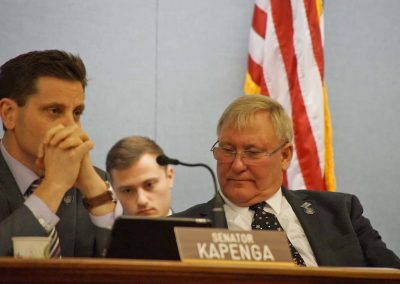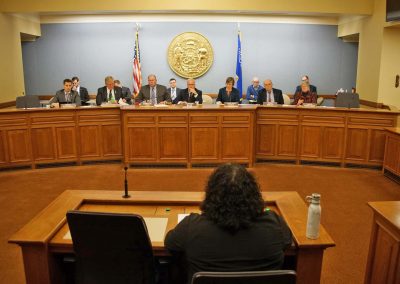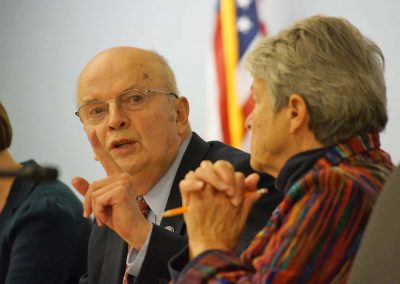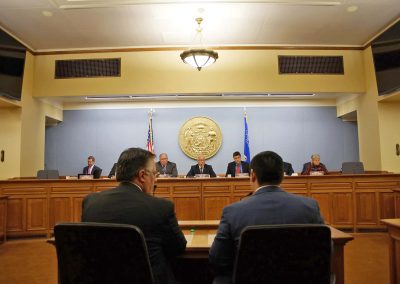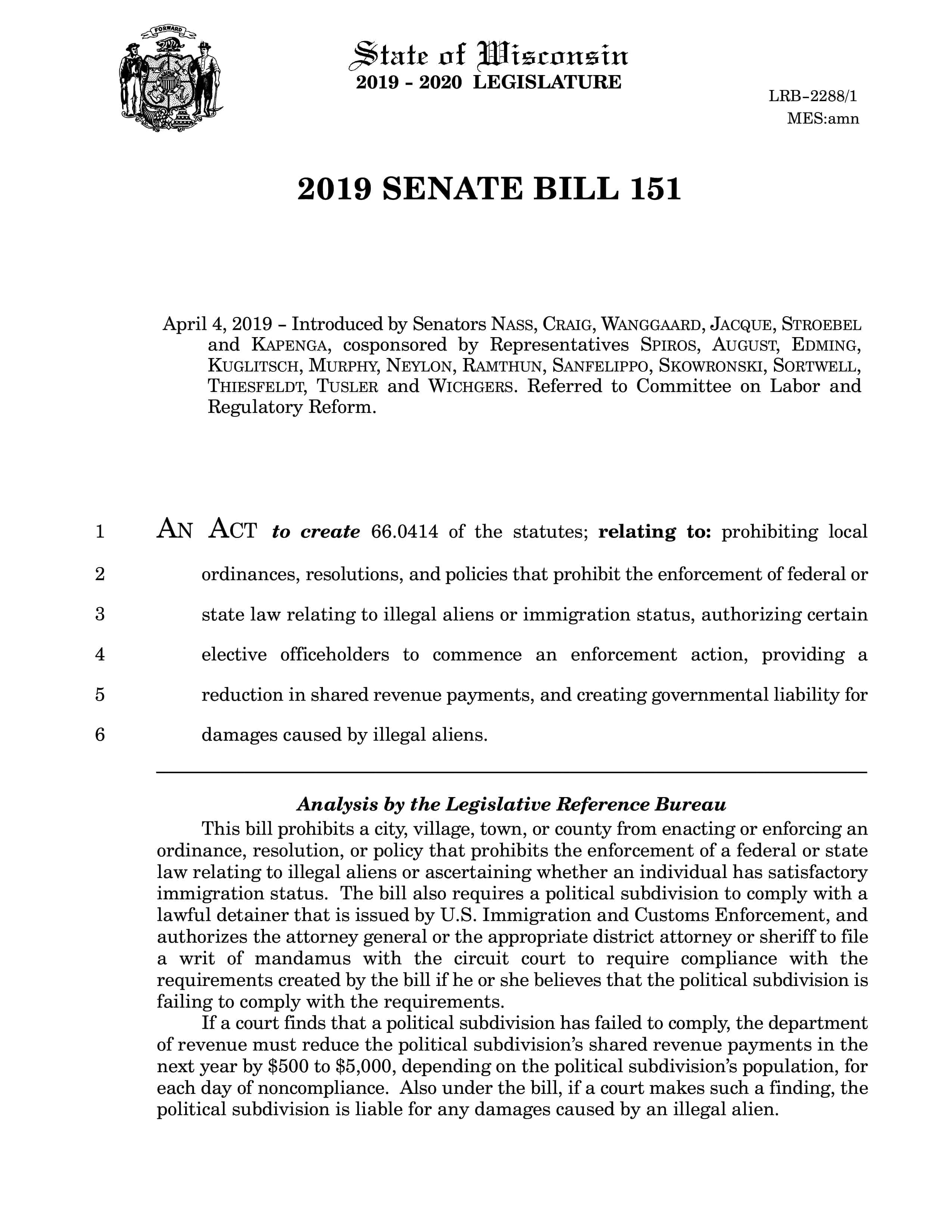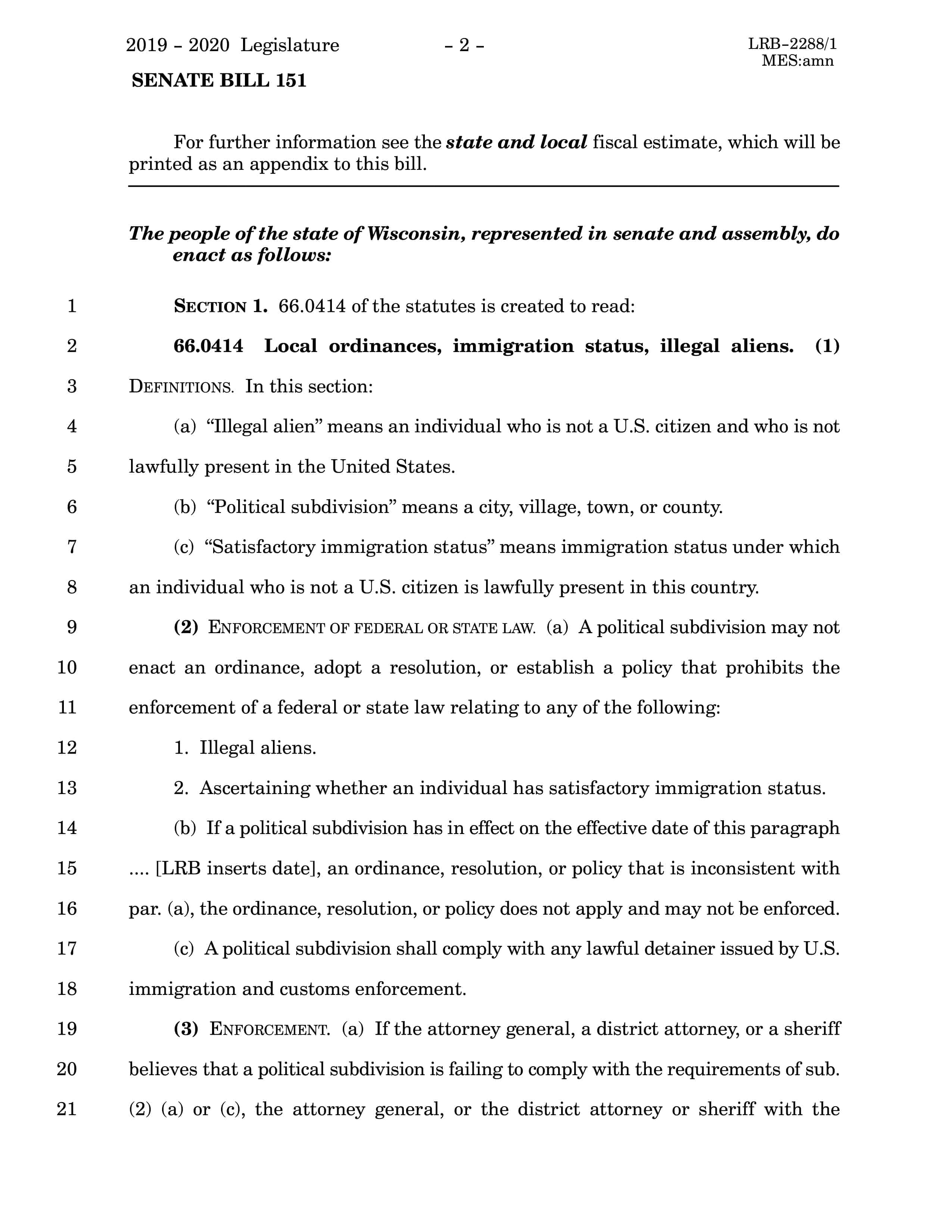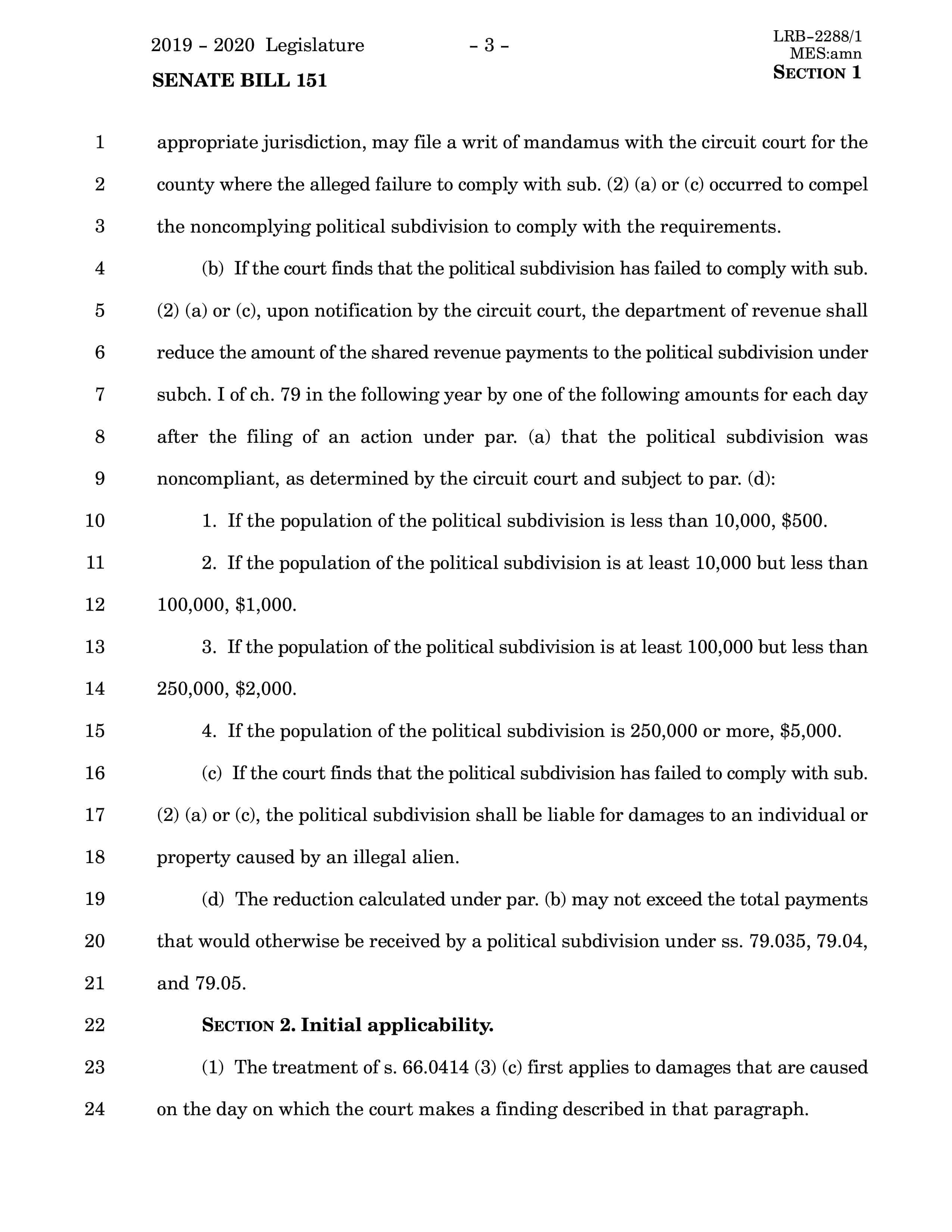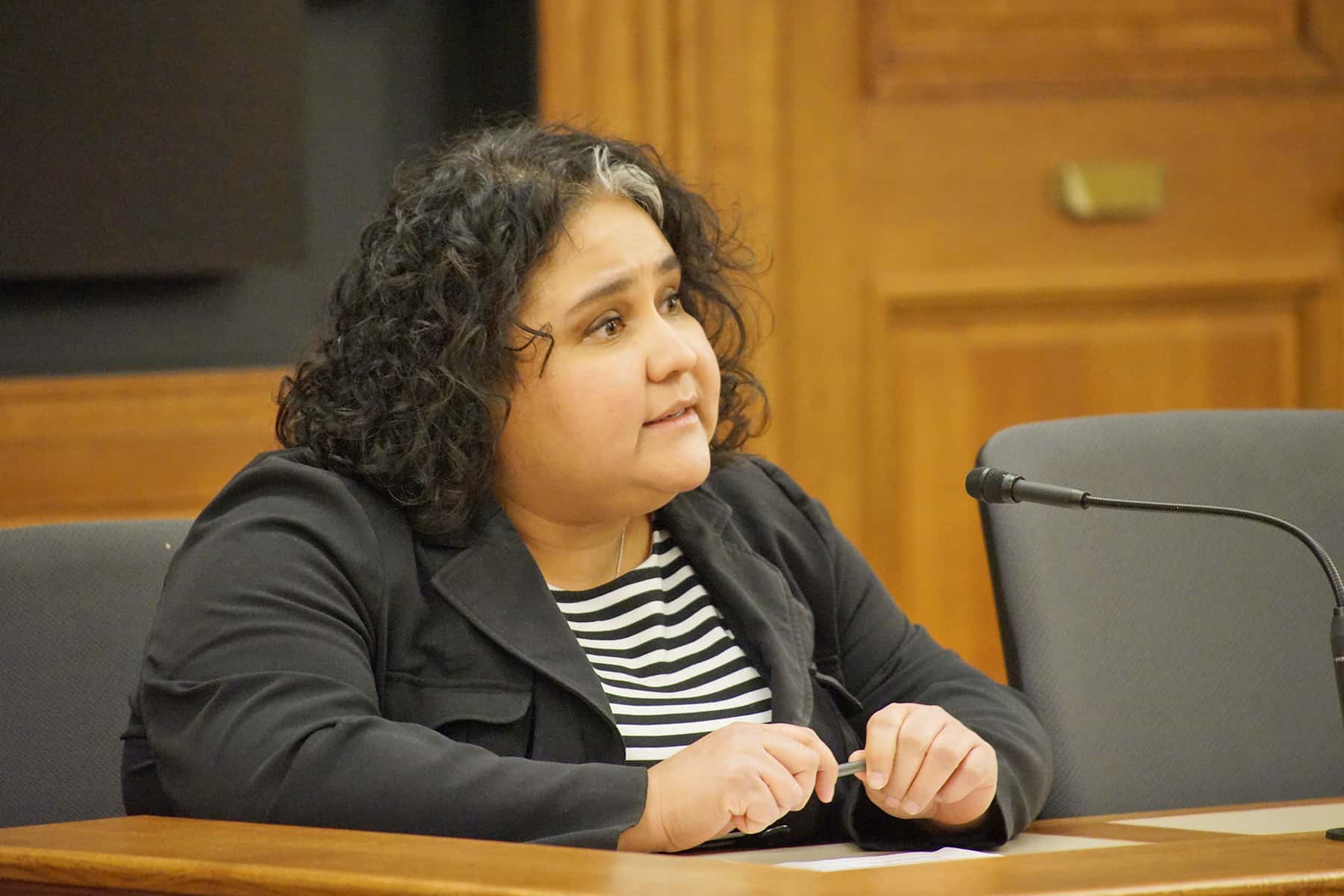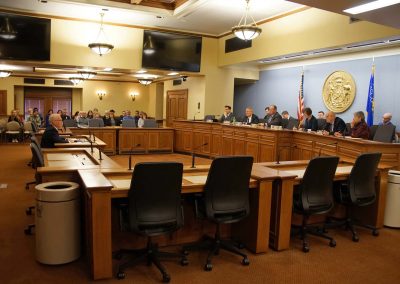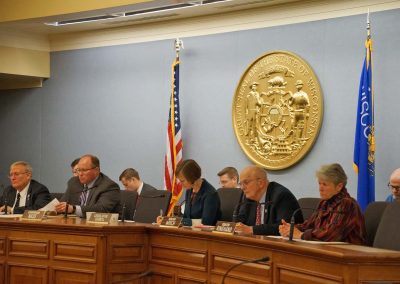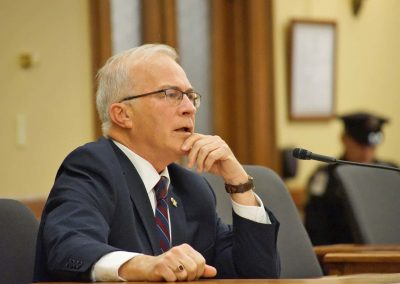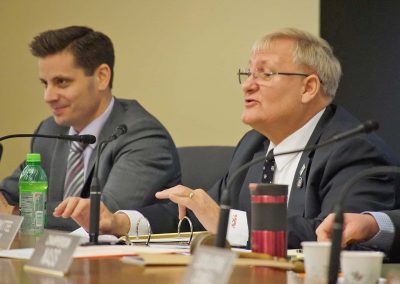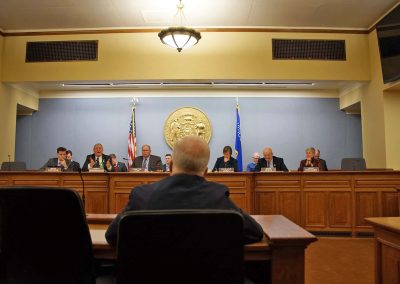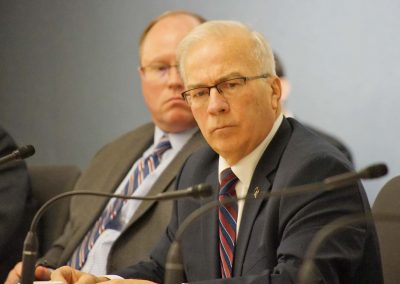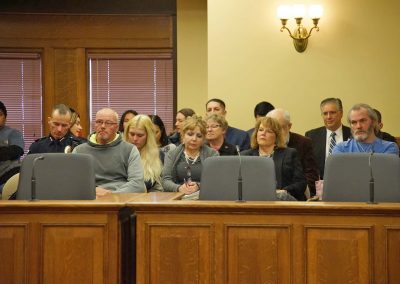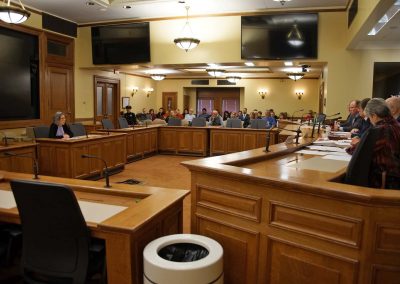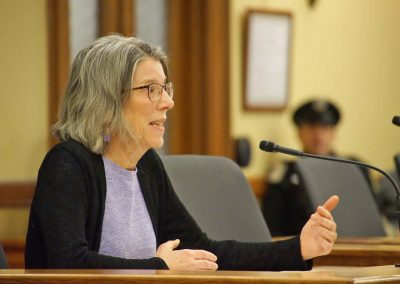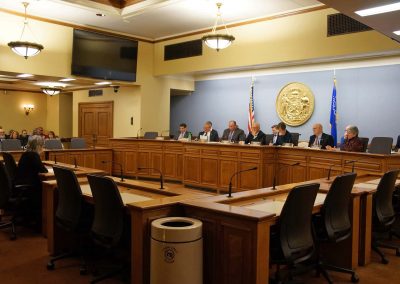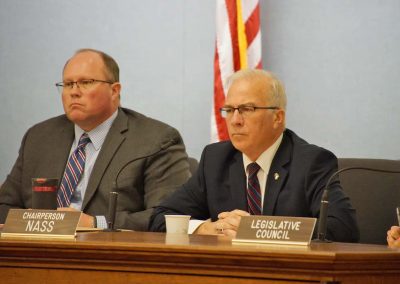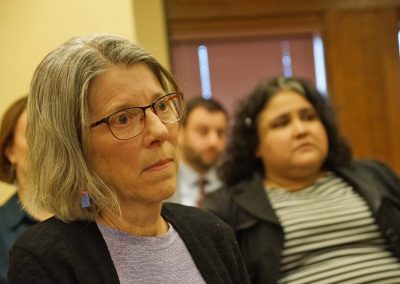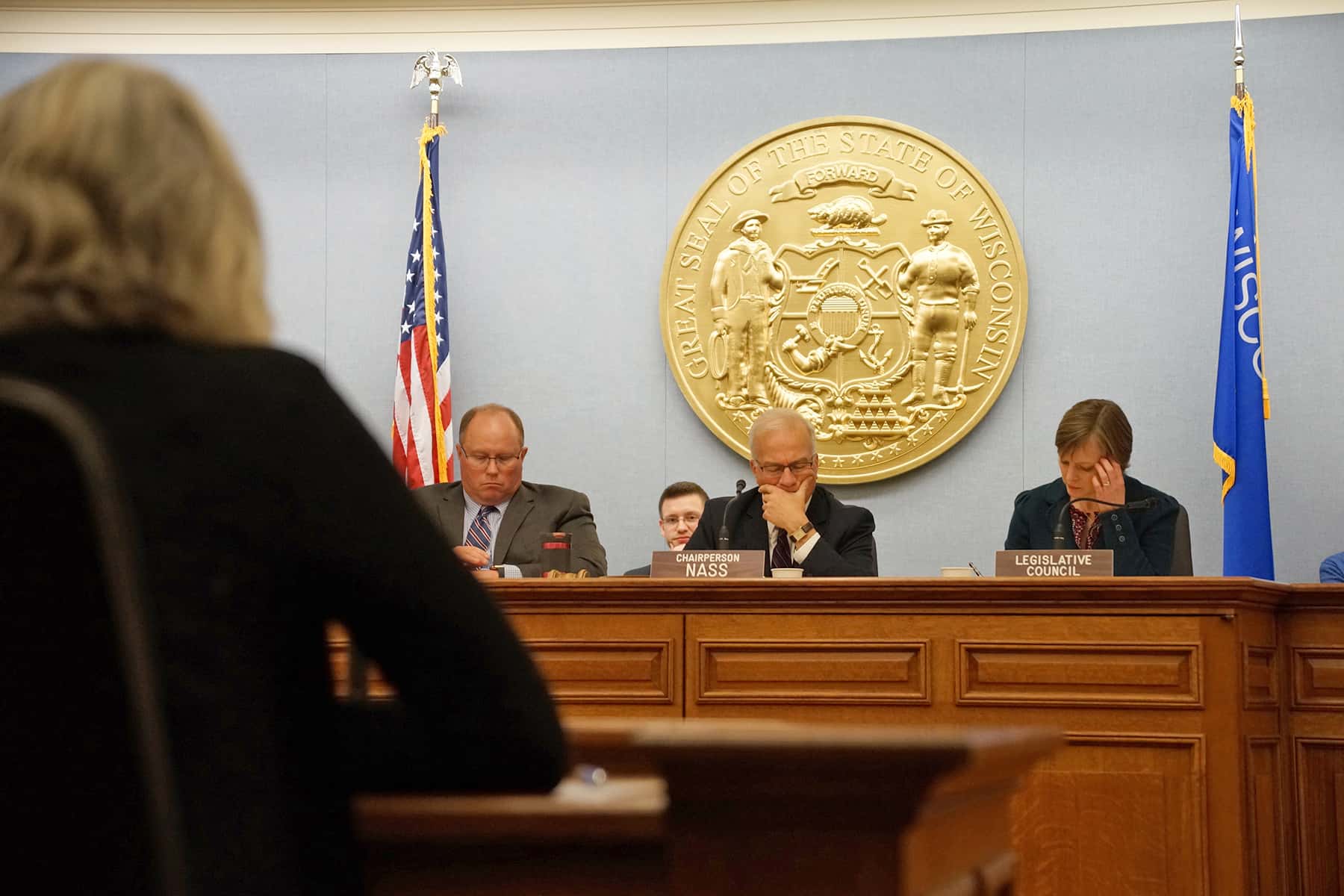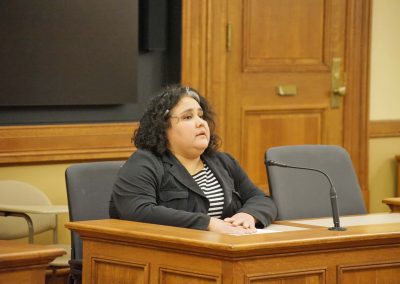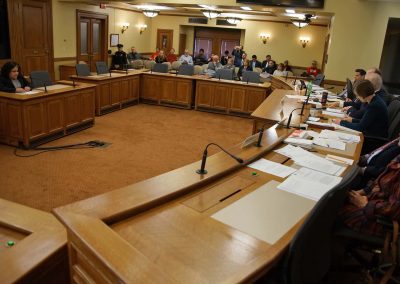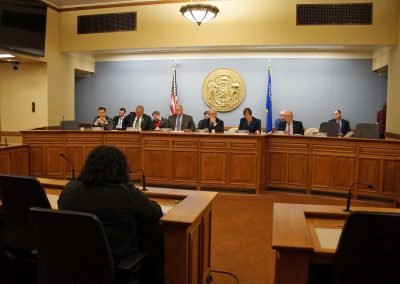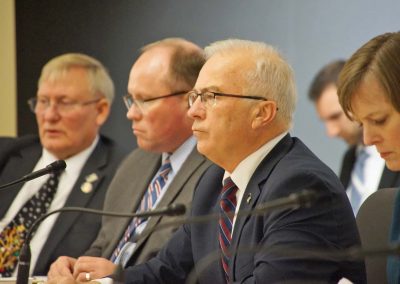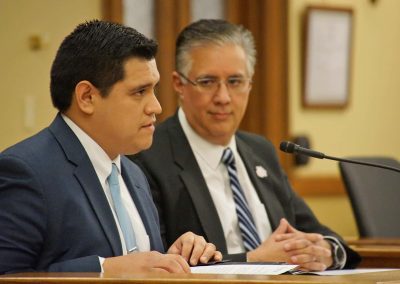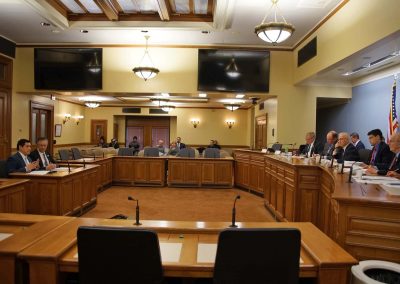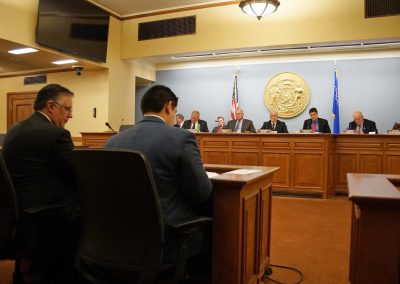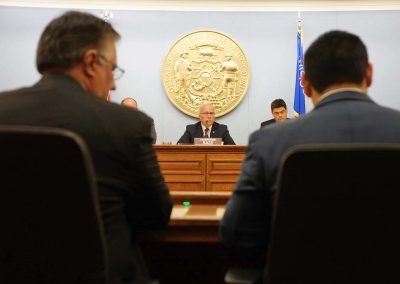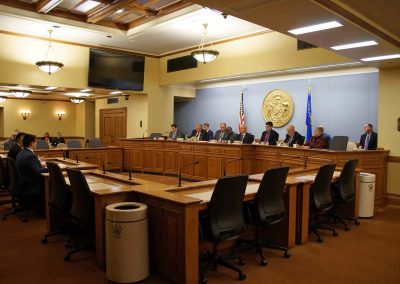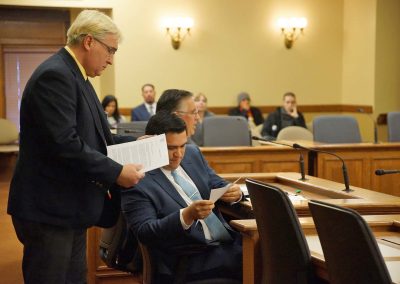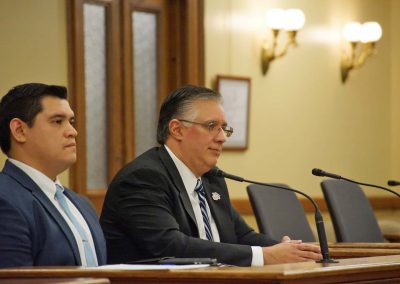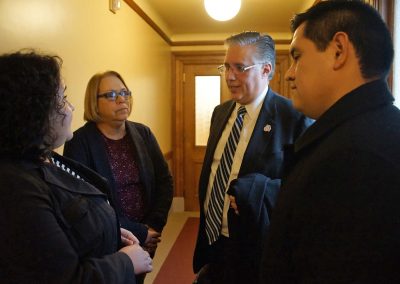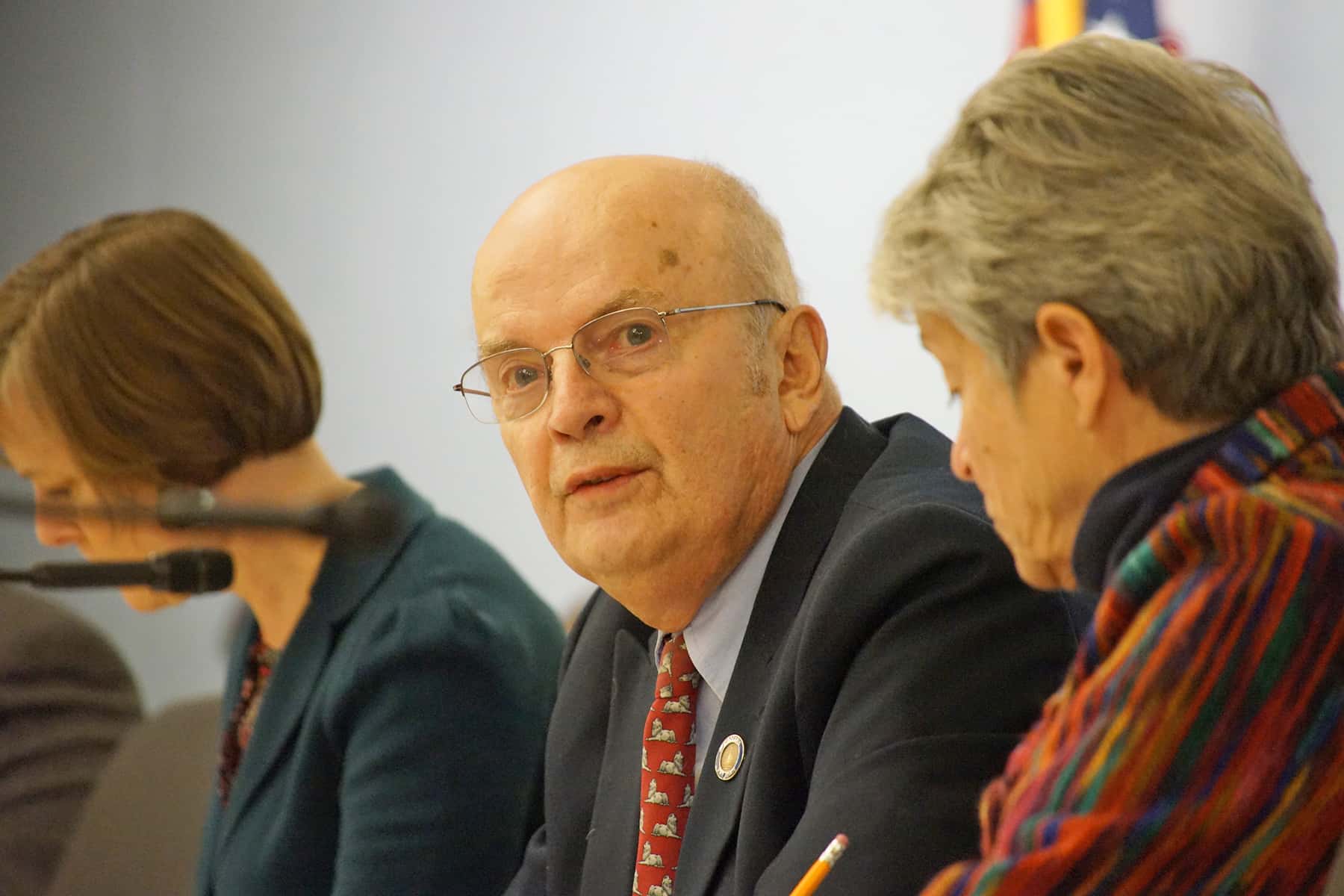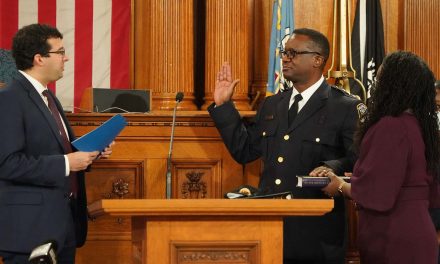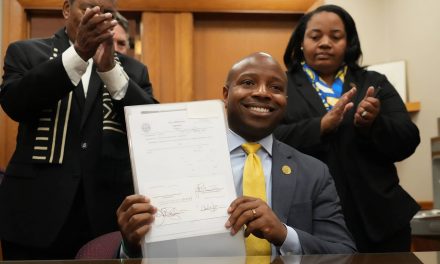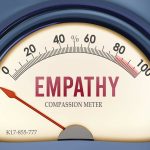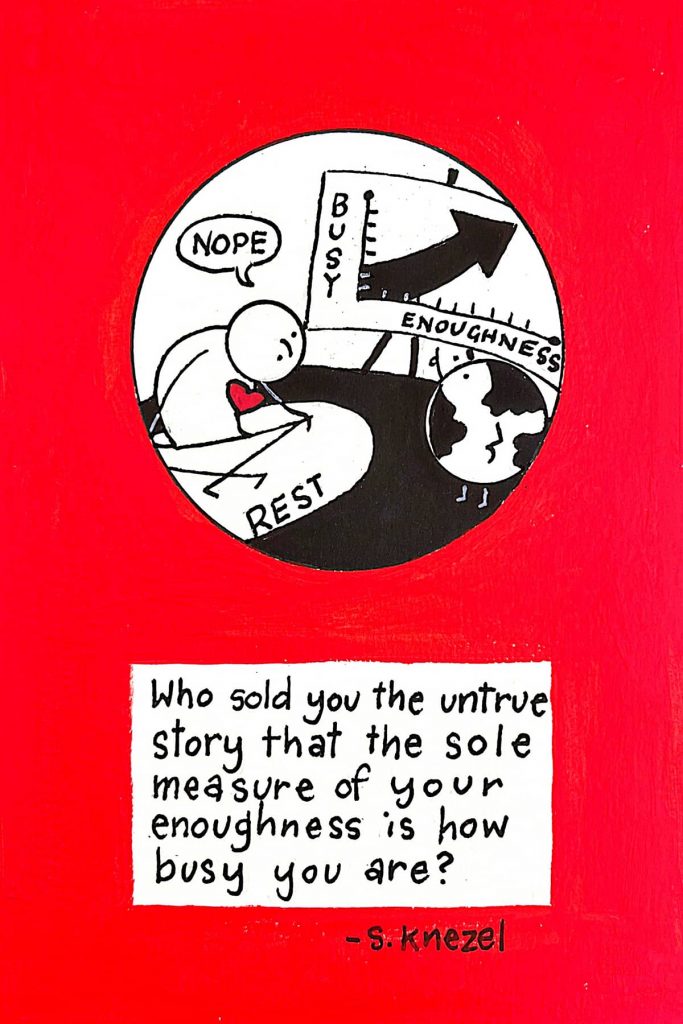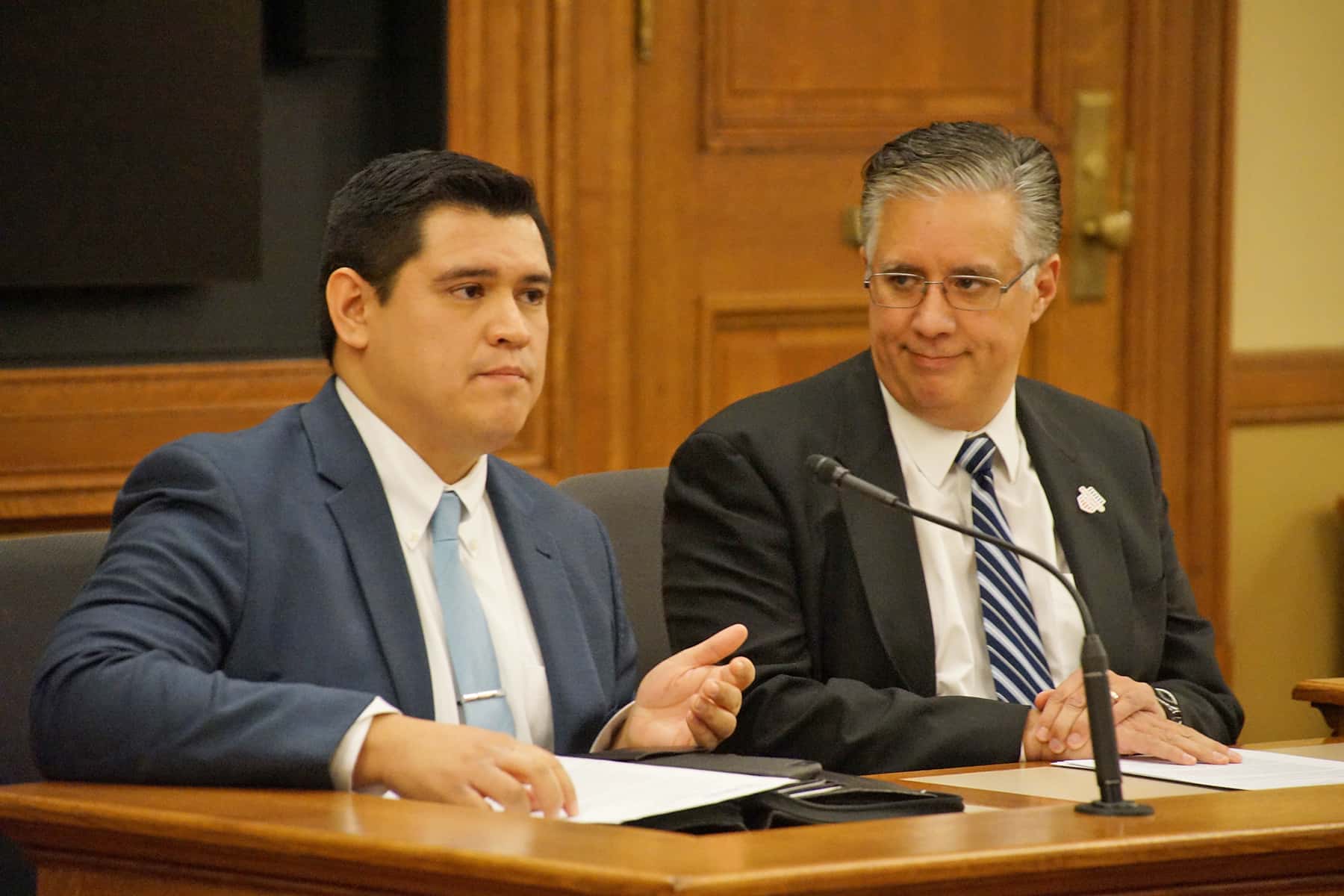
The State of Wisconsin’s Senate Committee on Labor and Regulatory Reform held a public hearing on December 17 regarding Senate Bill 151.
The proposed law seeks to “prohibit local ordinances, resolutions, and policies that prohibit the enforcement of federal or state law relating to illegal aliens or immigration status, authorizing certain elective officeholders to commence an enforcement action, providing a reduction in shared revenue payments, and creating governmental liability for damages caused by illegal aliens.” The legislation is sponsored by Senators Nass, Craig, Wanggaard, Jacque, Stroebel and Kapenga.
Public testimony was taken both in support and against Senate Bill 151 for almost four hours. Collected here is the written content from three of the provided testimonies, along with a legal opinion in opposition of the legislation, and select verbal statements recorded live during the public hearing.
Written Testimony from Steven Monroy, Legislative Staff Attorney for MALDEF
Statement In Opposition: As delivered on December 17, 2019 to the Wisconsin Senate Committee on Labor and Regulatory Reform’s Public Hearing on SB 151
Good morning Mr. Chairman and members of the committee,
My name is Steven Monroy and I am an attorney with the Mexican American Legal Defense and Educational Fund. MALDEF is a legal civil rights organization that works to protect the rights of Latinos in the United States.
I am here today to ask that you vote against SB 151 because it raises serious constitutional questions. It puts local governments and the State of Wisconsin at risk of litigation and, more importantly, it prevents local governments from implementing policies that best fit the needs of their communities. The enactment of SB 151 would violate the principals of federalism and lead to arrests that violate the fourth and fourteenth Amendments of the U.S. Constitution. (1)
The bill would force local governments to examine every ordinance and priority to determine if it overlaps, in any way, with laws affecting immigration. Federal authorities are given the training and discretion to enforce immigration law, a complex and rapidly changing subject. Local officials do not have such training or discretion. Yet, this bill would push local authorities to interpret and give precedence to federal immigration policy in every aspect of government, amounting to an unfunded state mandate. SB 151 would likely lead to a rise in racial profiling and incentivize governments to cut services to Latino communities. Even if local governments tried to comply with SB 151, they might face costly lawsuits initiated by county attorneys, sheriffs, or residents who disagree with local policy.
SB 151 also places local governments at risk of costly litigation by requiring them to comply with “any lawful detainer issued by U.S. immigration and customs enforcement.” (2) The federal courts have made clear that ICE detainers are merely requests, and not mandatory, because the Tenth Amendment prohibits the federal government from commandeering state officials to enforce federal law. (3) SB 151 makes it likely that local police will be compelled to make arrests or extend detention longer than legally authorized. The local government will have to cover the cost of such detentions and federal policy generally bars reimbursement for compliance with ICE detainers. Additionally, the local government could be liable for unlawful detention despite a detainer request and ordered to pay hundreds of thousands in damages and legal fees.
MALDEF urges you to vote no on SB 151 so that local officials can focus on their priorities and the needs of their communities without the threat of persistent litigation, civil rights violations, or encroaching on powers left to the federal government by the Constitution.
Written Testimony from Darryl D. Morin, National President of Forward Latino
Statement In Opposition: As delivered on December 17, 2019 to the Wisconsin Senate Committee on Labor and Regulatory Reform’s Public Hearing on SB 151
Chairman Nass, Vice Chair Wanggaard and distinguished members of this committee, I wish to thank you for holding today’s hearings on Senate Bill 151 (SB151) and for providing an opportunity for me to testify on this proposed legislation.
My name is Darryl Morin and I speak with you today in my capacity as National President of Forward Latino. Based in Franklin, Wisconsin, Forward Latino is a non-profit, non-partisan organization committed to assisting Hispanic Americans in their pursuit of the American Dream. We accomplish this through education, advocacy and service delivery and with the support of our active membership which now spans 20 states of our great country. Implicit in our mission is the defense of each and every right assured in the United States Constitution and the equal application of those rights.
Forward Latino since its inception has called for the federal government, which has explicit authority over immigration related issues, to pass immigration reform legislation that provides for our nation’s security and economy, and that maintains our nation’s commitment to being champions of the human spirit, of human dignity. These goals are attainable and are not mutually exclusive of one another. And while Forward Latino believes that every sovereign nation has a responsibility to protect its borders, so to do we believe in the United States Constitution, the separation of powers and exclusivity of jurisdictions.
After careful review of Wisconsin Senate Bill 151, we have found striking similarities with Texas Senate Bill 4 (SB4). Both Texas SB4 and Wisconsin SB151 seek to prohibit ordinances, resolutions or policies that prohibit the enforcement of federal or state law relating to undocumented immigrants as well as inquiring as to an individual immigration status. They both require compliance with detainer requests from Immigration and Customs Enforcement (ICE) and they both seek to impose financial penalties on government entities that do not comply. In addition, they both seek to force liability on those governing bodies for damages found to have been caused by undocumented immigrants.
SB151 clearly represents and overreach of state authority and infringes on the federal government’s exclusive jurisdiction on immigration related matters. This exclusivity of jurisdiction has been reaffirmed by the United States Supreme Court on numerous occasions.
In addition, as first asserted in Galarza v. Szalczyk and then reaffirmed in Moreno v. Napolitano, detainers issued by ICE are only requests made by ICE; compliance by the Law Enforcement Agency (LEA) is voluntary. To further clarify, detainer requests are not judicial warrants, and per ICE itself, detainers represent a voluntary request and do not carry the weight of a court order.
And while the courts have found as in SB4 as well as guidance issued from U.S. Department of Justice, funding cannot be withheld based on this issue. However, what the courts have and continue to find is that political subdivisions that have wrongly imprisoned an individual can be liable for damages. We are all aware of the numerous high-profile
cases of United State Citizens being wrongfully detained, and certain instances deported, not only creating tremendous liability and financial exposure for political subdivisions, but even more importantly, illegally stripped the liberty and freedom from United States citizens. Just last month in Michigan, the Grand Rapids City Commission approved an award of $190,000 to Mr. Jilmar Ramos-Gomez as the city had honored an ICE detainer request, holding him for three days. Mr. Ramos-Gomez was a United States Citizen and served our nation honorably, having received numerous medals and commendations during his active-duty service in the United States Marine Corps.
Given the practical limitations of time, I would only add that not only does SB 151 have numerous constitutional issues, but above and beyond, our analysis has shown that it is simply not in the “Public Interest”. As a state we pride ourselves on fair play, in helping our neighbors. We believe in the benefits of working hard to provide for our families, and in times of need, lending a helping hand. SB151 would not only damage police-community relations, but would have a disproportionate and discriminatory impact on individuals with prominent Hispanic features and surnames.
As we all seek what is best for our state, do we not want each and every person to feel comfortable to report a crime that they witnessed or is in progress? Do we not want each and every person to feel comfortable calling the police or fire department when witnessing a medical emergency or a fire? Do we not want women and children to feel comfortable calling for aid if they are victims of domestic violence? While there are some who say SB 151 is designed to help keep us safe, it will in fact have the opposite effect.
I would encourage your efforts as legislators to promote legislation that would have a dramatic impact on public safety, and that already has the overwhelming support of Wisconsin voters, such as legislation that would close the background check loopholes and that would provide our members of law enforcement as well as family members, an Extreme Risk Protection Order option. Both are proven to reduce gun violence and have the support of 80% and 81% of Wisconsinites respectively according to the August Marquette Law School Poll.
Once again distinguished gentleladies and gentlemen, I appreciate your time and serious consideration of my remarks here today and respectfully encourage you to end consideration of SB151. Passage would only lead to immediate and costly litigation that would ultimately prove unsuccessful and damage police community relations.
May the Lord bless all of you, may the Lord bless the great state of Wisconsin and may the Lord continue bless the United States of America.
Written Testimony from Andrea Kaminsky, Executive Director of League of Women Voters of WI
Statement In Opposition: As delivered on December 17, 2019 to the Wisconsin Senate Committee on Labor and Regulatory Reform’s Public Hearing on SB 151
Relating to: prohibiting local ordinances, resolutions, and policies that prohibit the enforcement of federal or state law relating to illegal aliens or immigration status, authorizing certain elective officeholders to commence an enforcement action, providing a reduction in shared revenue payments, and creating governmental liability for damages caused by illegal aliens
The League of Women Voters of Wisconsin opposes SB 151 based on our long-held positions supporting equality and strong communities. Of the many unambiguous reasons to oppose this bill, three stand out.
- SB 151 assaults traditional values that permeate caring societies and are the bedrock of our nation’s institutions.
- The bill undermines public safety.
- It will damage our economy.
SB 151 is an assault on our shared value of community. Wisconsin municipalities and counties wisely follow public policies to protect vulnerable members of their communities who have come here to invest in our society with dreams of a secure future for themselves and their families. Their ordinances, resolutions, and policies reflect the warm welcome of President George W. Bush in his 2001 inaugural address: “Americans are united across the generations by grand and enduring ideals. The grandest of these ideals is an unfolding promise that everyone belongs, that everyone deserves a chance, and that no insignificant person was ever born. Our country has never been united by blood or birth or soil. We are bound by principles that move us beyond our backgrounds.”
Surely, that “unfolding promise that everyone belongs” has made our country benevolent, increasingly robust, and bound by democratic principles of diversity and inclusion. These are the very values that our local political subdivisions embrace in their ordinances, resolutions, and policies that prevent the fusion of local law enforcement and Immigration and Customs Enforcement (ICE) in detaining undocumented community members. Among us are undocumented Wisconsinites who have forged deep family and community connections. They work hard and pay taxes. Their daily lives–whether as formal citizens or not–are significant. Consequently, they should be treated fairly, so they can remain with their families, their places of worship, and their employers. We urge you not to penalize political subdivisions that are upholding vital American values and principles.
SB 151 would undermine public safety. This legislation strains community relationships with local law enforcement and public health agencies. Public trust and safety are undeniably bound together. Examples are rife of how the increased fear of deportation forces many to avoid reporting crimes. Domestic abuse referrals decline, leaving victims at the hands of abusers. Employees in unsafe working conditions are silenced from speaking up by the fear of deportation and fears of deportation prevent people from seeking medical care, threatening our public health. For instance, we must not dissuade people from obtaining flu shots and vaccinations out of fear of deportation.
We are witnessing an unhealthy spiraling of racial intolerance, even among our children in school. If ours is a nation committed to fairness and equality, then President Bush was right that we are “bound by principles that move us beyond our backgrounds.”
SB 151 would damage our economy. We currently have an extremely low unemployment rate, and there are many employers – particularly in farming and food processing, as well as other low-wage industries – finding it especially difficult to fill vacant positions. Forcibly removing undocumented workers will compel whole families to depart, including those legally present and employed. This will result in lost tax collections, lower social security payments and Medicaid contributions, and major business disruptions.
This legislation is punitive, and it violates a public order built on fairness, safety, and a strong economy. It is an affront to our common moral values, and we urge you to reject SB 151.
Written Policy Opinion from R. Timothy Muth, Staff Attorney for ACLU of Wisconsin
Statement In Opposition: As delivered on December 17, 2019 to the Wisconsin Senate Committee on Labor and Regulatory Reform’s Public Hearing on SB 151
A group of legislators in Wisconsin want to force local communities across the state to collaborate with the Trump administration deportation machine. Proposed Senate Bill 151 would trample local decisions regarding how police should interact with immigrant members of the local community and would require sheriffs to participate in a flawed and dangerous immigration detainer process.
The enforcement of immigration laws is a role assigned to the federal government under Article 1, Section 8 of the U.S. Constitution, and state and local governments have no obligation under federal law to participate in such enforcement. While local agencies are required to share certain information with federal immigration authorities, those agencies have no affirmative duty to collect that information. Similarly, immigration detainers, or holds, are voluntary requests from the federal government which need not be honored.
An increasing number of localities Wisconsin have opted – dating back to the Obama administration – to leave the immigration enforcement business to the federal government and focus their resources on local matters. These localities do not ask individuals about their immigration status and do not honor immigration detainers.
Why have they made these decisions? To effectively protect public safety, local law enforcement needs cooperation from local immigrant communities. Local residents serve as witnesses, report crime, and otherwise assist law enforcement. The foundation for this cooperation is often destroyed when local police are viewed as an extension of the immigration system. Survivors of domestic violence refrain from reporting offenses; individuals with key information about burglaries or escapees from county jails fail to contact the police or Sheriff’s department. It is an unfortunate truth that, as immigration enforcement has expanded, the willingness of immigrant communities to interact with law enforcement has declined.
Time spent engaging in federal immigration enforcement detracts from performance of the core duties of local law enforcement. Immigration enforcement does not advance local priorities, because it commonly targets individuals who pose no threat to public safety. Traditional police work designed to solve serious crimes should not be displaced by efforts to identify and arrest people who may have simply overstayed a visa.
Senate Bill 151 would override the decisions of local elected officials to focus on local communities’ public safety concerns rather than on the priorities of federal agencies. The proposed bill would prohibit Wisconsin communities from adopting policies which say to our immigrant neighbors “If you come to report a crime, if you come to testify at trial, if you seek the protection of the police, we will not act as an arm of ICE, and will not interrogate you about your immigration status.”
The legislation also requires local jails to honor immigration detainers. An “ICE detainer” is NOT the same as a judicial warrant. Instead, it is a written voluntary request that local law enforcement detain an individual for an additional 48 hours after they would otherwise be released. Unfortunately the ICE process for issuing detainers is full of mistakes which often result in persons being wrongfully deprived of their liberty.
For example, during a recent two-year period, the ACLU determined that ICE sent detainers to one Florida county for 420 persons who were actually US citizens, not immigrants[1]. Another study by the Cato Institute estimated that 3500 US citizens were subject to detainers just in Texas from 2006-2017.[2] In September, a federal court found that the databases which ICE uses to send out the most common forms of detainers were “inaccurate, incomplete and error-filled.”
Local jurisdictions that participate in immigration enforcement often end up in court over constitutional violations for honoring detainers. Local police acting upon ICE detainer requests face liability for unlawful detentions in violation of the Fourth Amendment and the Due Process Clause. For example, a county in Oregon was found liable for violating the Fourth Amendment for detaining an individual pursuant to an ICE detainer request. As a result of the lawsuit, the county was ordered to pay more than $100,000.
Thus many sheriffs have decided to require that ICE deliver a judicial warrant based on probable cause before holding a person in jail after any state-law justification ends. This legislation overrules the decisions of these elected sheriffs and requires them to honor detainers despite the demonstrated history of problems with the detainer system. Local governments throughout the State of Wisconsin have decided they do not want to face the liability risk of honoring detainers, yet this legislation would force them to do so – and potentially subject themselves to legal liability.
Senate Bill 151 is a misguided attempt to require local governments to be part of the federal government deportation scheme and to override local communities’ priorities to seek to serve and protect their immigrant neighbors.
- The Fourth Amendment prohibits unlawful search and seizure. The Fourteenth Amendment requires due process and equal protection of the laws.
- Although the bill does not define ‘lawful detainer”, it likely refers to requests made under 8 C.F.R. § 287.7.
- Galarza v. Szalczyk, 745 F.3d 634, 643 (3d Cir. 2014).
Lee Matz
Our mission of transformative journalism means that we are editorially independent. Our staff determines what is important news to report on, and in what voice to speak on issues. No one influences our opinion, and no one edits our editors. We are free from commercial bias and are not influenced by corporate interests, political affiliations, or a public preferences that rewards clicks with revenue.
Your Support Matters – Donate Now
As an influential publication that provides Milwaukee with quality journalism, we depend on public support to fulfill our purpose. Our award-winning photojournalism, columns, interviews, and features have helped to achieve a range of positive social impact that enriches our community. Please join our effort by entrusting us with your contribution.

